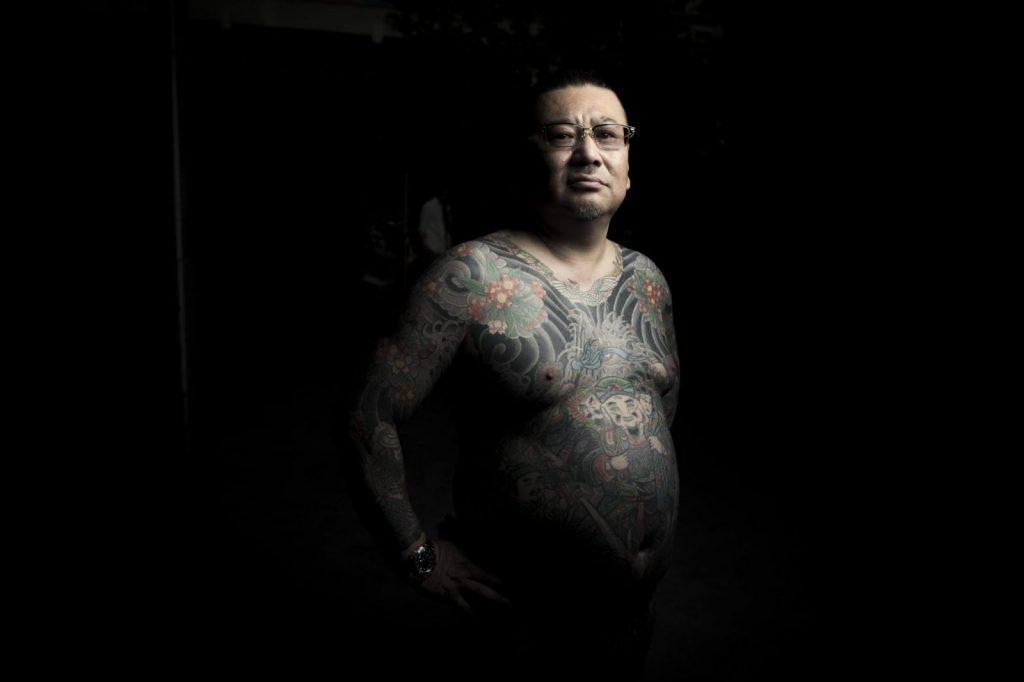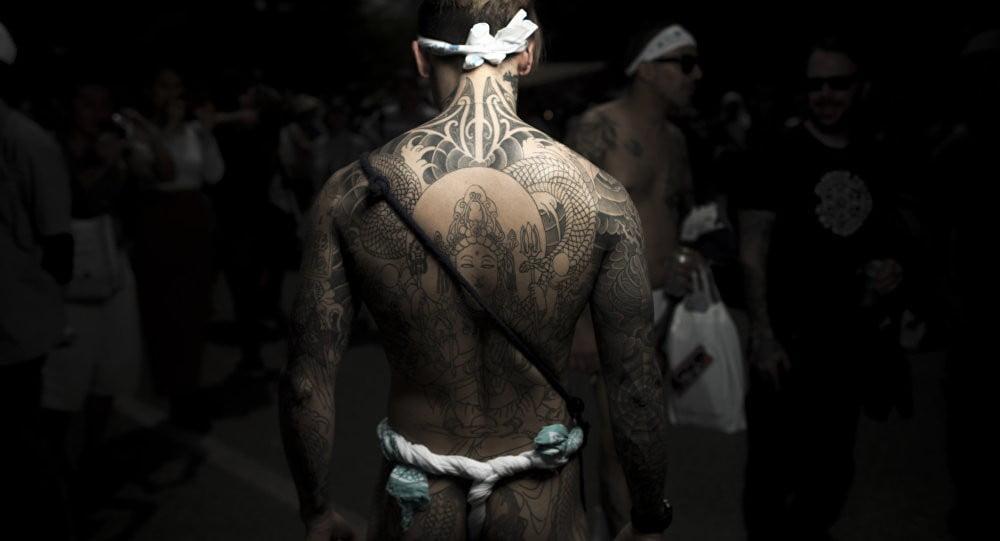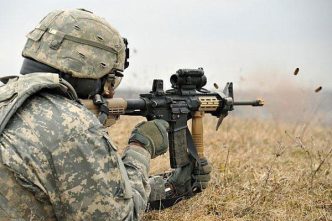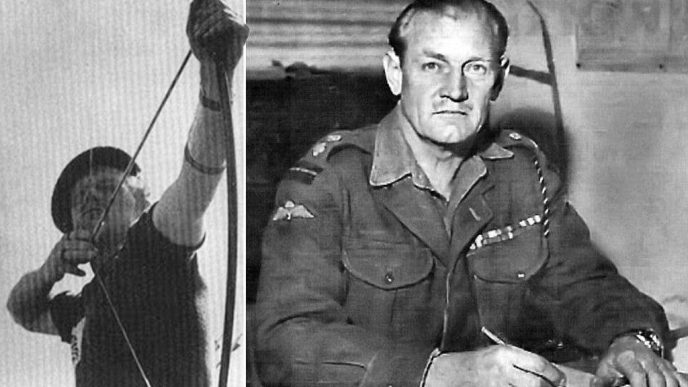With its origins dating back to the early days of Tokugawa shogunate (also known as Edo Bakufu), the Japanese Yakuza remains one of the most prosperous and probably the world’s wealthiest organized crime groups. Known in public by their crimes and their tattoos.
Today, Yakuza groups in Japan number over 100,000 members; for comparison’s sake, the number of active personnel serving in the country’s army number nearly 250,000. The largest yakuza syndicate, Yamaguchi-Gumi, had an annual income of over $80 billion by 2015.

The exact origins of the name YAKUZA remain unclear, though according to the most popular theory, it was derived from the name of a losing hand (8-9-3, ya-ku-za) in the card game Oicho-Kabu – a reference to the outcast status of the group.
The origins of the yakuza can be traced to groups known as bakuto (people involved in gambling) and tekiya (street peddlers who often dealt with illicit and stolen goods).

A significant portion of Yakuza membership is also comprised of burakumin – people belonging to the Japanese ‘untouchable caste.’ Yakuza groups are well known for their strict discipline, with transgressors often forced to cut off their own fingers to make amends.

Another distinct feature of Yakuza members is their full-body tattoos (irezumi) which became so firmly associated with yakuza that some Japanese businesses, like public bathhouses and hot springs resorts, have started to turn away tattooed patrons.
Yakuza groups engage in a wide variety of activities, both legal and illegal. While running drug trafficking and gun smuggling operations, prostitution rings and illegal gambling houses, they also supply manpower to construction crews and mediate disputes.












